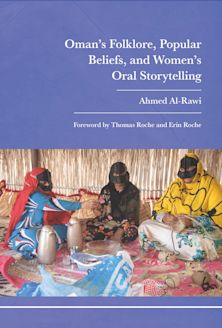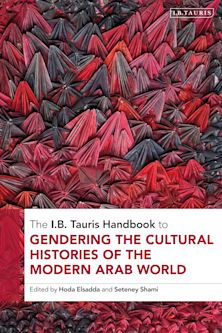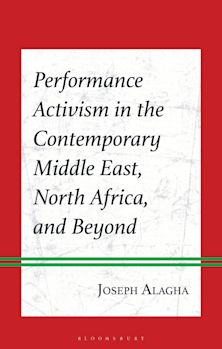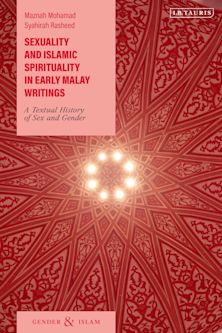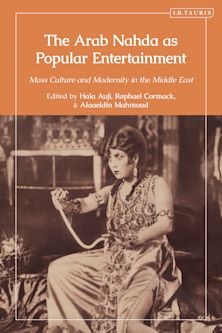- Home
- ACADEMIC
- Middle East
- Culture and Society
- The Middle East
The Middle East
The Politics of the Sacred and Secular
The Middle East
The Politics of the Sacred and Secular
You must sign in to add this item to your wishlist. Please sign in or create an account
Description
Amidst recent hype about events in the Middle East, there have been few attempts to get below the surface and develop a fuller understanding of what politics means there. The Middle East: The Politics of the Sacred and Secular redresses this balance and provides essential historical and theoretical context.
In this book, Shahrough Akhavi shows that the way people think about politics in the Middle East has developed in response to historical experience. Islam has obviously played a pivotal role and the book does much to disentangle myth and reality about Islamic responses to politics. Refreshingly, however, the book focuses on the universal concepts of the individual, civil society, the state, justice, authority and obligation and how these have been interpreted by Middle Eastern thinkers in the twentieth and twenty-first centuries.
Akhavi builds a dynamic picture of a politically exciting and engaged region. The fresh perspective this book brings to global political theory, and the background it gives students of politics in the Middle East make it an important addition to the World Political Theories series.
Table of Contents
1. Introduction
2. The Sacred and the Secular
3. History and Social Change
4. The Individual
5. Society
6. The State
7. Conclusions
Notes
Bibliography
Index
Product details
| Published | Oct 15 2009 |
|---|---|
| Format | Ebook (PDF) |
| Edition | 1st |
| Extent | 301 |
| ISBN | 9781848135512 |
| Imprint | Zed Books |
| Series | World Political Theories |
| Publisher | Bloomsbury Publishing |
About the contributors
Reviews
-
In a sweeping survey of political ideas from early Islam until now, from Ibn Taymiyya to Shariati and Shahrur, this book makes a valuable contribution to our understanding of how the Middle East has discussed such fundamental notions as authority, individual, society, and the state. Navigating between political history and political ideas, this is an engaging exercise in the Middle Eastern sociology of knowledge.
Asef Bayat, Leiden University
-
Shahrough Akhavi masterfully examines the political thought of the Middle East in this lucid and illuminating book. He makes the critical point that, while 'traditionalists' invoke modern concepts and 'modernists' rely on traditional concepts to validate their views, both ignore the historical circumstances in which ideas arise and exert influence. Understanding the interplaying of political theory and context, which this work so compellingly documents, will help us to appreciate that religious and secular ideas have subtly interacted over the centuries, but also that current intellectuals in the Middle East risk deteriorating into mere apologists if they offer nostrums based on ahistorical essences.
James Piscatori, The Australian National University
-
There is no doubt that this book is essential reading for anyone studying the history of intellectual thought in the Middle East
Nicola Pratt, editor of 'Women and War in the Middle East'

ONLINE RESOURCES
Bloomsbury Collections
This book is available on Bloomsbury Collections where your library has access.















